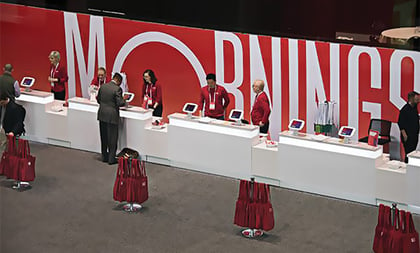Morningstar ratings are set to focus more on costs in the fourth quarter, according to a note it sent to clients Friday. Also, the research firm will make its ratings system tougher for active fund managers and will tweak how it evaluates ESG products.
The changes could mean downgrades for some of the 25,000 investment products that are rated by Morningstar, the Wall Street Journal reported Friday. The research firm’s reviews affect about half of all assets held in mutual and exchange-traded funds.
“We’re setting a higher bar for active strategies,” Morningstar said in its note. Plus, it will give “fewer Medalist ratings to active strategies in areas where analysis finds there’s less payoff to active investing.”
The ratings overhaul, which has reportedly been in the works for several years, will impact the gold, silver, bronze, neutral and negative ratings rolled out in 2011 — and not the star ratings. Morningstar confirmed the news Monday but said it will discuss the matter further with the media later this month.
“Morningstar will change the methodology analysts follow, setting a higher bar for funds to earn a Gold, Silver, or Bronze rating and doubling down on fees. The Analyst Ratings will also be tailored to individual fund share classes, taking fee differences into account,” the research firm said in its note to clients, shared with ThinkAdvisor on Monday.
The average total net expense ratio on mutual funds and ETFs fell to 46 basis points last year from 62.3 basis points in 2014 on an asset-weighted basis, according to a report released in May by Cerulli Associates.
Over the past year, BlackRock (iShares), Vanguard, Fidelity, Schwab and JPMorgan have all cut fees on existing products or added lowest-cost funds to their lineups, frequently pricing funds just below those of their competitors.









 July 01, 2019 at 09:51 AM
July 01, 2019 at 09:51 AM











